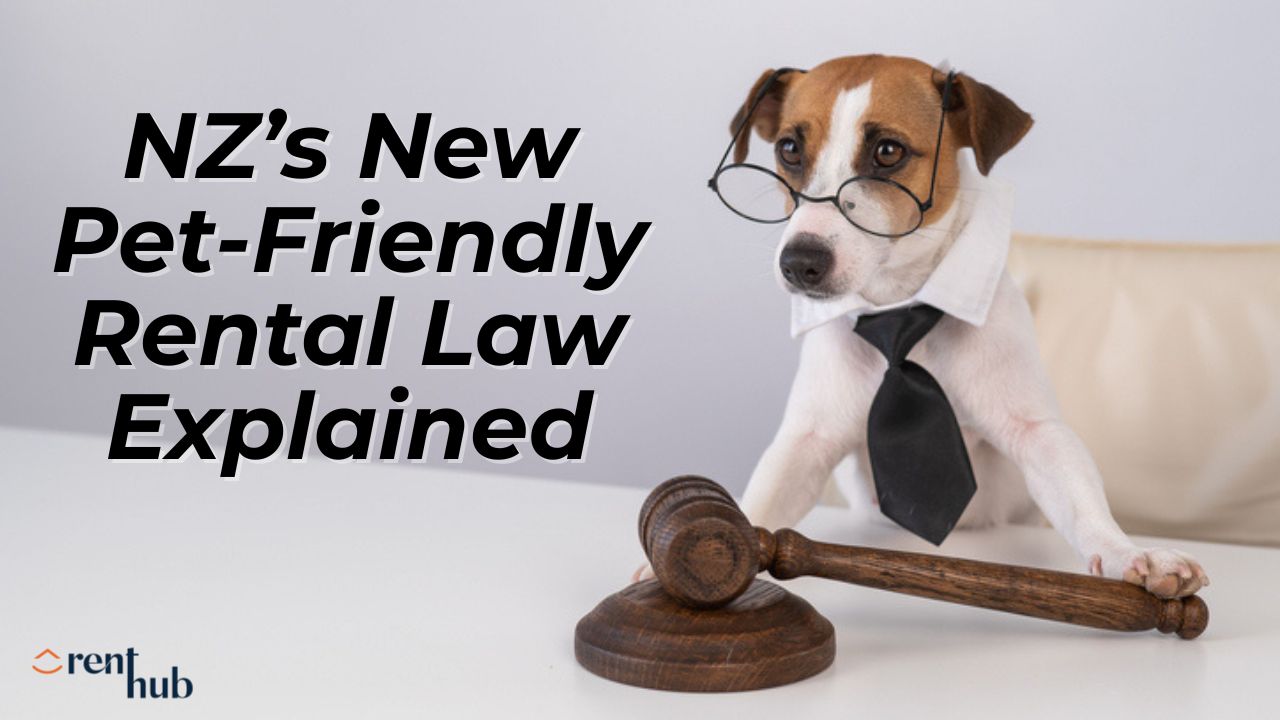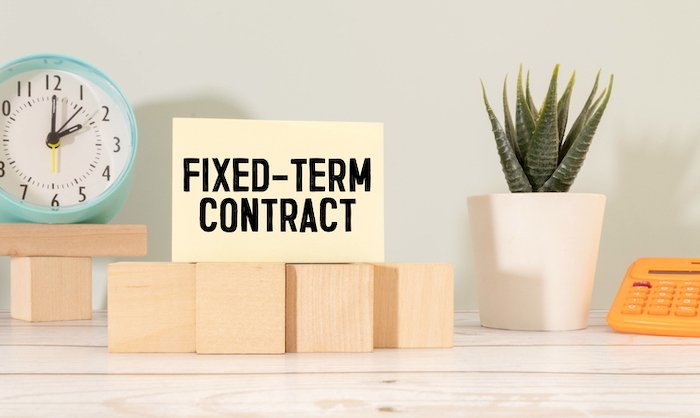Let’s be honest, owning an investment property isn’t always smooth sailing. We recently worked with a landlord who found herself in a tricky spot — one that highlights just how crucial it is to have a financial buffer.
Here’s the situation: we helped this landlord secure a solid tenant, however the tenant couldn’t move in for two weeks. Now, the landlord wanted them to move in within two days because she had mortgage payments to cover. Without that immediate rent, she was seriously considering turning down the tenant altogether.
Now, you can see the dilemma here, right?
On the one hand, a good tenant is lined up. On the other hand, the landlord was feeling the heat from upcoming bills.
This is where a financial buffer comes in. When you’ve got a bit of cash set aside, you’re not stuck in a position where you feel forced to make rushed decisions that could impact your decision making.
Here’s why having that buffer is so essential
1. Gives You Breathing Room Between Tenants
Every property investor will have vacancy periods at some point — whether it’s for maintenance or just the natural turnover of tenants. A buffer helps cover your mortgage, insurance, and other expenses while you wait for the next tenant. In this case, our landlord would be able to relax a little knowing she had a cushion to tide her over.
2. Pick the Right Tenant, Not the First Tenant
When you’re under financial pressure, you might be tempted to grab the first tenant that comes along, even if they’re not the best fit. But with a buffer in place, you can take your time, hold out for the ideal tenant, and avoid costly mistakes later on. Our landlord would be able to accept this great tenant with ease knowing that she was well covered for the next couple of weeks.
3. Handle Unexpected Costs Without Stress
You never know when a hot water cylinder might blow or a roof starts leaking. These things happen, and they’re often not cheap. A financial buffer means you can handle maintenance and repairs without scrambling for cash.
4. Avoid Making Decisions Out of Desperation
When you’re stressed about paying the mortgage, it’s easy to make decisions based on immediate needs rather than what’s best for your investment. A buffer gives you peace of mind and allows you to think long-term, rather than focusing on short-term fixes.
5. Stability for the Long Haul
Real talk — property is a long-term game. Having a financial buffer means you can handle any hiccups that come your way without risking your investment. It’s the safety net that keeps you in the game and gives you the stability to succeed over time.
Final Thoughts
Having a financial buffer isn’t just a ‘nice to have’ — it’s a must-have for any savvy property investor.
In this case, we were able to guide our landlord toward accepting this tenant by explaining that if she didn’t go with them she could well end up having to wait a lot longer for another great applicant to come along and end up paying next months mortgage herself. With that buffer in place, you can navigate the bumps in the road and focus on maximising the long-term success of your investment.
Need help managing your investment property or just want some guidance? Reach out to Renthub – we’re here to make your property journey as smooth as possible! Just give us a call on 09 630 2655 and let’s chat.



